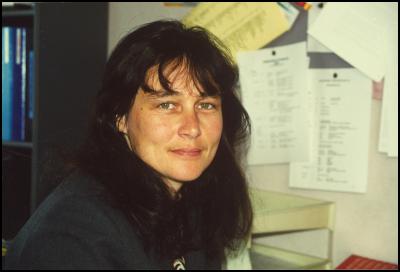Oceanía/Fiji/Octubre de 2016/Fuente: RNZ
RESUMEN: Los estudiantes de la Universidad del Pacífico Sur (USP)están bajo estrés frente a la cancelación del registro y la Universidad deberían ayudar según el Ministro de Educación. La Universidad esta amenazando a 8.000 estudiantes con la cancelación del registro si no pagan sus cuotas pendientes. Se dijo que quería dar a los estudiantes todas las posibilidades de pago, bien después de la fecha límite de seis semanas, y había enviado muchos recordatorios y advertencias. El Rector, Richard Coll, dijo que hay un riesgo de esperar hasta después de los exámenes, ya que en virtud de la política, los estudiantes tienden a dejar sin pagar, y muchos de ellos son del extranjero. El ministro de educación, Mikaele Leawere dijo que muchos de ellos están sufriendo financieramente después del ciclón Winston y que se llevará la cuestión ante el Consejo de Universidades.
«La mayoría de los estudiantes provienen de las zonas rurales, y algunos de ellos son marginados en términos de los ingresos de las familias reciben. Esto es por lo que estoy abogando por que pagan más tarde», dijo.
La Universidad ha dicho que va a revisar el proceso.
Students at the University of the South Pacific (USP) facing deregistration are under stress and the University should help them out says Fiji’s shadow education minister.
The University threatened 8,000 students with deregistration if they didn’t pay their outstanding fees.
It said it wanted to give students every chance to pay, well after the week six deadline, and had sent many reminders and warnings.
Acting Vice-Chancellor, Richard Coll, said there’s a risk waiting until after exams, as under that policy, students who fail tend to leave without paying, and many of them are from overseas.
USP’s student debt is currently just over $US9 million.
The shadow education minister Mikaele Leawere said many of them are suffering financially after Cyclone Winston and he will take the issue to the university council.
«Most of the students come from rural areas, and some of them are marginalised in terms of the income the families receive. This is why I am advocating that they pay later,» he said.
The University has said it will review the process.
Fuente: http://www.radionz.co.nz/international/pacific-news/316469/fiji-student-debtors-should-‘pay-later’
Imagen de archivo














 Users Today : 33
Users Today : 33 Total Users : 35460296
Total Users : 35460296 Views Today : 44
Views Today : 44 Total views : 3419012
Total views : 3419012